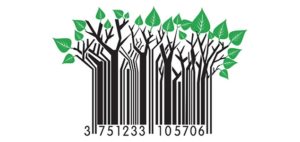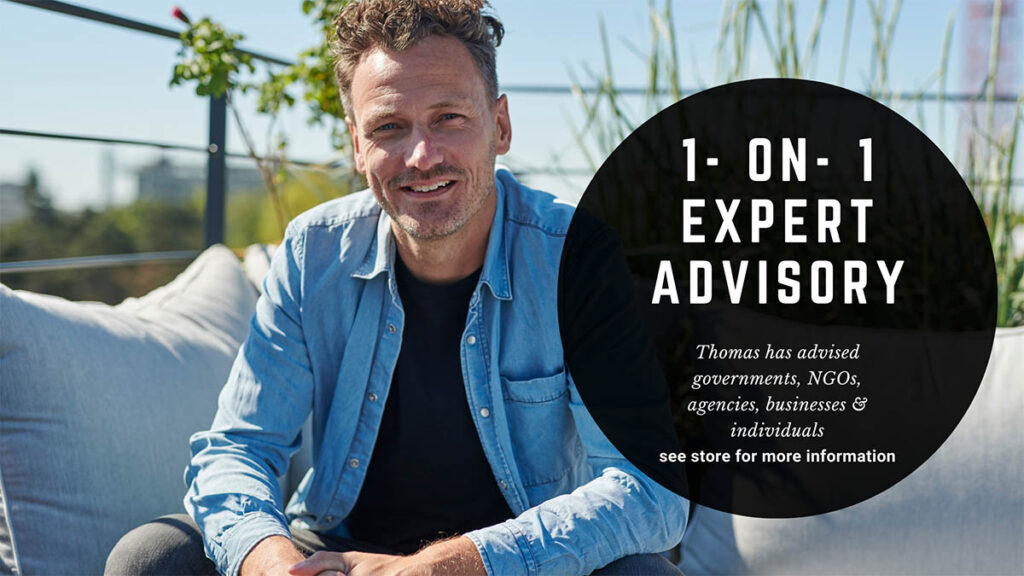Written by Alvise Bortolato & Alice Fortuna
The customer is not always right, but the planet is: how advertising has to take an intransigent position in favour of it. The ultimate challenge.
The capitalist economic system has somehow realised it did not do its math well. Rather, in its frantic race for growth, it has forgotten to pay a certain bill that now threatens to bite us all.
Battening down the hatches, trying desperately to pay its debt in instalments before being forced to bail out completely. This debt incidentally concerns the totality of the resources that we transform to be able to consume them and is the one towards the Planet Earth. Only as these resources begin to dwindle do we realise how important it is to maintain – or at least try to- the balance between what is received and what must be given back.
This is, in simple terms, the thinking behind sustainability. We must come to terms with a world in which the effects of our consumption are bouncing back like a boomerang, with a loss of biodiversity and dependence on non-renewable resources. Men, who conceived themselves – and still do – at the top of the planetary hierarchy now find themselves confronted as part of a network in which everything is interconnected.
These are the preconditions from which the ecological turning point of capitalism arises. Sustainability becomes an indispensable prerequisite for assessing the success of a business. To minimise the impact of human activities on the planet, improving our manufacturing processes is not enough. The essential step to be taken is that of giving economic value to the services Nature provides – the supplier everyone has forgotten to pay and that until now we thought could be taken for granted – free, an inalienable right. What value to put on the pollination service carried out by the bees? And on the mangroves that protect the coast from erosion? How much would it cost if bees and mangroves were to resign and we had to cover their role?
Recent responses to this have involved establishing indexes that enable one to quantify the contribution of ecosystems to human life. (For example, the Kering group established the Environmental Profit and Loss Statement which you can access here). As a result, the most attentive investors and consumers have begun to ask companies to give maximum attention and transparency with regard to the environmental and social sustainability of their business. Whether that’s a matter of morality or financial convenience is difficult to determine. In fact, it’s barely relevant. What matters is that the direction taken towards the difficult – but not impossible – balance with the planet is pursued and spread to become the norm, the basic configuration that David Foster Wallace underlined to the new graduates of Kenyon College.
Faced with these transformations, what behaviours and responses can the advertising industry activate? What could its role be?
First of all, advertising, must start telling the truth. It must be intransigent, and make a deal with its customers – which is what is happening between conscious, eco-capitalist companies and their brands and consumers – setting ethical standards as a prerequisite for access to advertising. If a toothpaste makes your teeth white but its production contributes to the extermination the Amazonian manatees it is, frankly, a shit toothpaste, and we are done selling shit.
Advertising can and must choose. Why shouldn’t people who hurt the planet be left behind? Don’t just spout the stuff your “customers” want to hear, choose them, as humans, based on their behaviours, values, the future they are committed to build.
Advertising can amplify the power of a thought, it can bring stories to light, it can guide the market towards virtuous behaviours, empowering consumers.
“The inferno of the living is not something that will be; if there is one, it is what is already here. There are two ways to escape suffering it. The first is easy for many: accept the inferno and become such a part of it that you can no longer see it. The second is risky and demands constant vigilance and apprehension: seek and learn to recognise who and what, in the midst of inferno, are not inferno, then make them endure, give them space.”
– Invisible Cities, Italo Calvino-
We are never neutral towards the planet: either we actively contribute to its complex and beautiful perpetration or we are advocates of its destruction.
It is time for Advertising to take a position.










